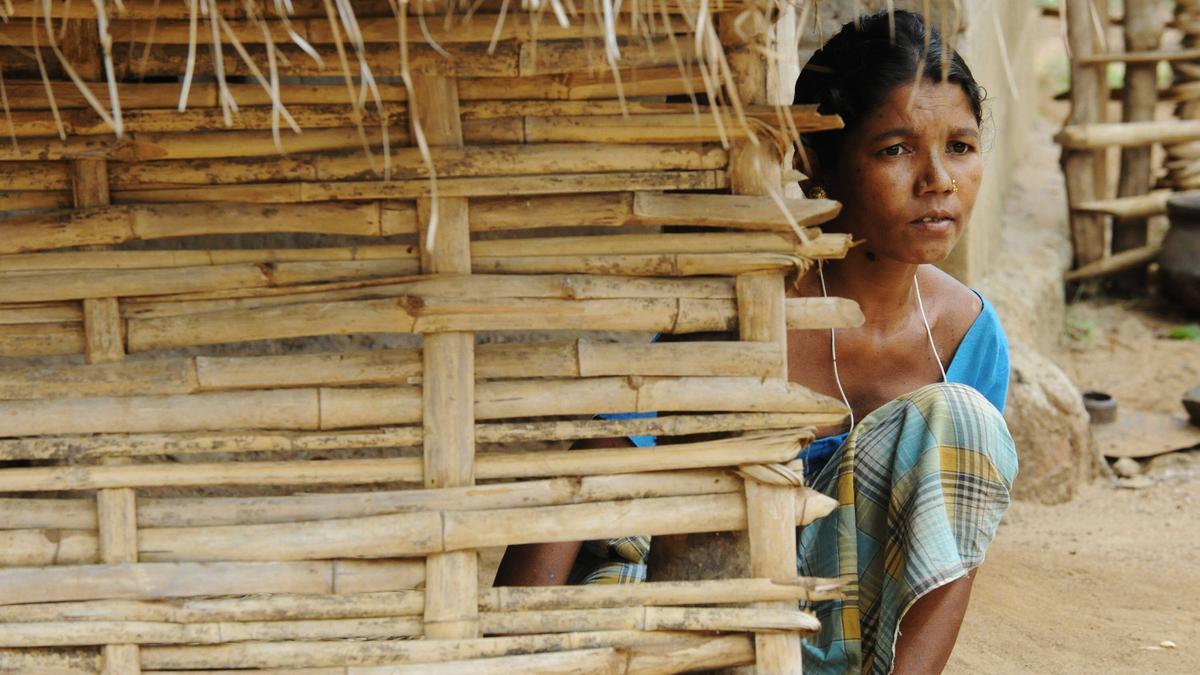
Becoming a Maoist: Review of Vishwas Patil’s ‘Dudiya: In Your Burning Land’
The Hindu
Dudiya is a gripping tale of a young female Naxal recruit, exploring the exploitation of Adivasis and the rise of Naxalism in India. Through the character of Dudiya, Vishwas Patil sensitively portrays the dark reality of India's Maoist insurgency, while gently scoffing at the perceived threat of the 'urban Naxal'.
It is May 2013 and newspapers are rife with news of the latest and most audacious Naxal attack against government leaders — the horrific, dramatic killing in the jungles of Chhattisgarh, of Salwa Judum leader Mahendra Karma. It is the stuff of fiction, except it is real.
In the Marathi novel Dudiya by acclaimed writer Vishwas Patil, efficiently translated into English by Nadeem Khan, it is this incident that frames the context. With its mix of drama, violence, idealism and jungle setting, the Naxal movement has captured the imagination of writers as well as filmmakers; in Dudiya, we see the movement from the point-of-view of a young female recruit.
“On the one side was getting tied to a husband and then spending the rest of my life bare breasted; on the other side was marching around in style, dressed in the army-style dungarees of the Naxal dalams,” says Dudiya, telling her story to the narrator, IAS officer Dilip Pawar, newly arrived in Chhattisgarh as an Election Observer.
For this free-spirited adolescent girl growing up in an impoverished tribal region plagued by Naxals on the one hand and politicians on another, patriarchy is the last straw. She escapes the custom of renketedna that requires a married woman to bare her breasts, by joining the Naxal camp.
The exploitation of Adivasis by government machinery (seen first-hand by the author, an ex-IAS officer once posted in Naxal territory) and the corresponding rise of Naxalism have been sensitively and insightfully portrayed in the book. While Adivasi men are paid in mahua (local liquor) instead of money, and women are routinely raped by government servants, it is the nexus between the big corporations and politicians that stands to gain.
Despite liberal sexual mores, women occupy the lowest rungs of tribal society. Once Dudiya begins training in the camp, she learns that for all their talk of equality, the Naxals are no different. Eventually, her way out is by becoming a kovit or mukhbir — a refuge-taker and police informer.
Inspired by real people and events, the characters and plot of Dudiya bring to life the problem, its origin, the core issues that plague the region, and the suffering of the various tribes caught in the crossfire between the Naxals and the authorities. When Dudiya’s brother Thakeram cannot decide between a police career and the Naxal movement, his father remarks, “wherever you go, you will be holding a gun”.













